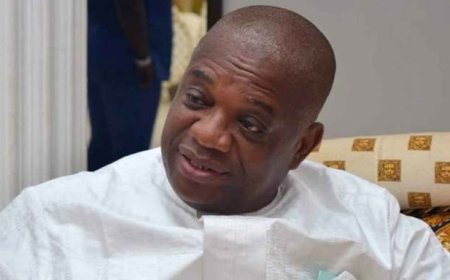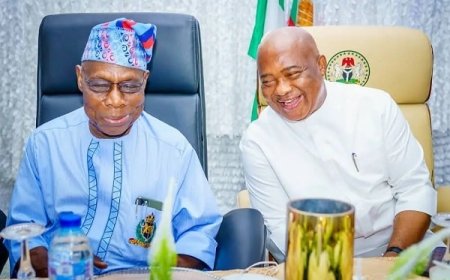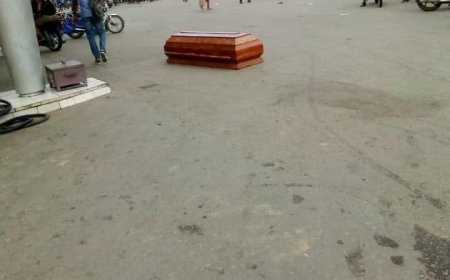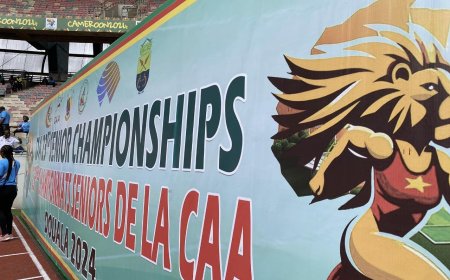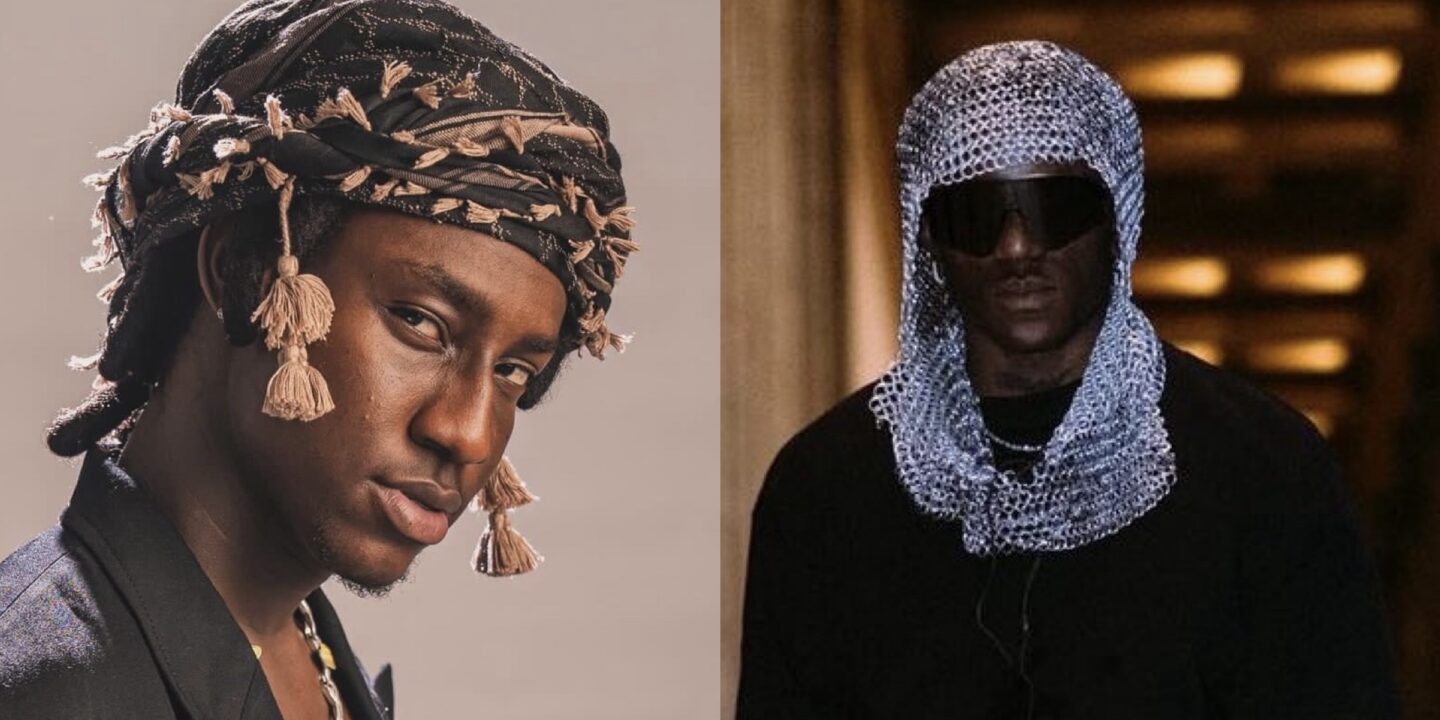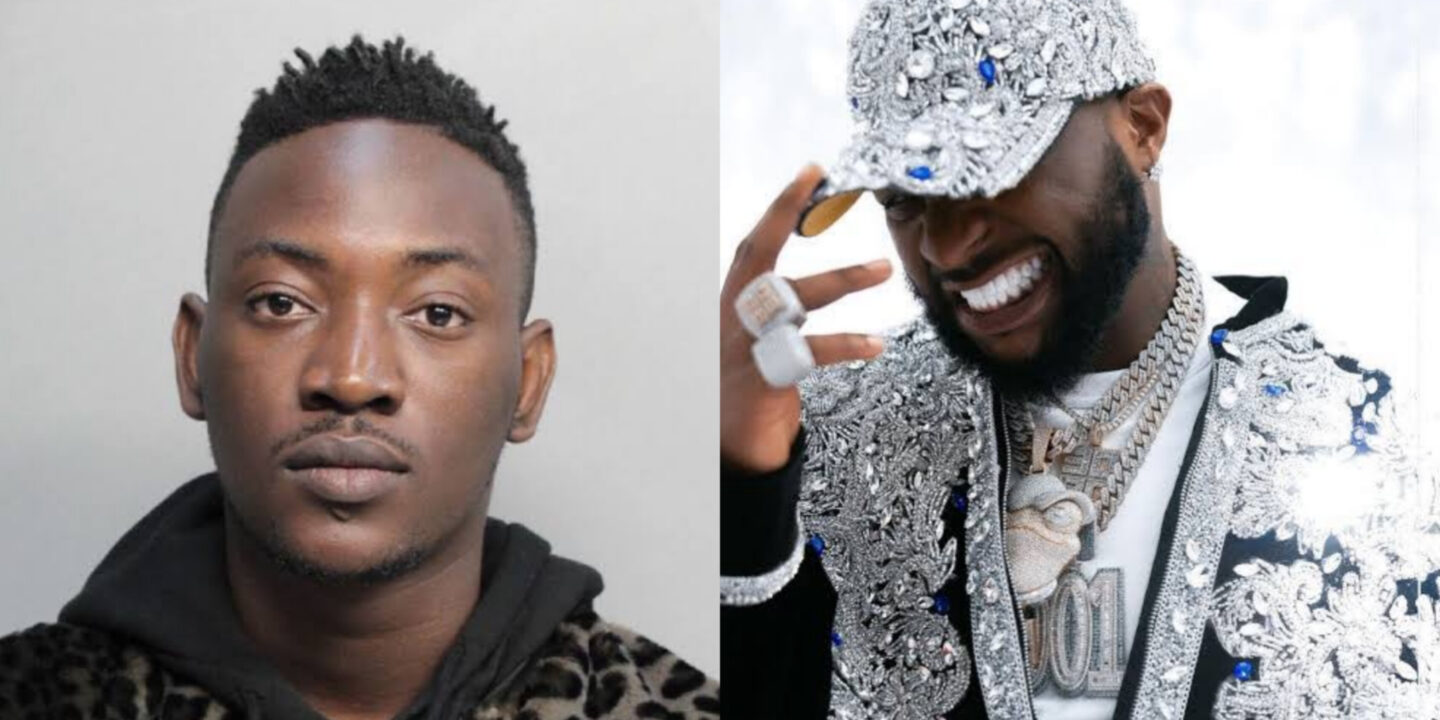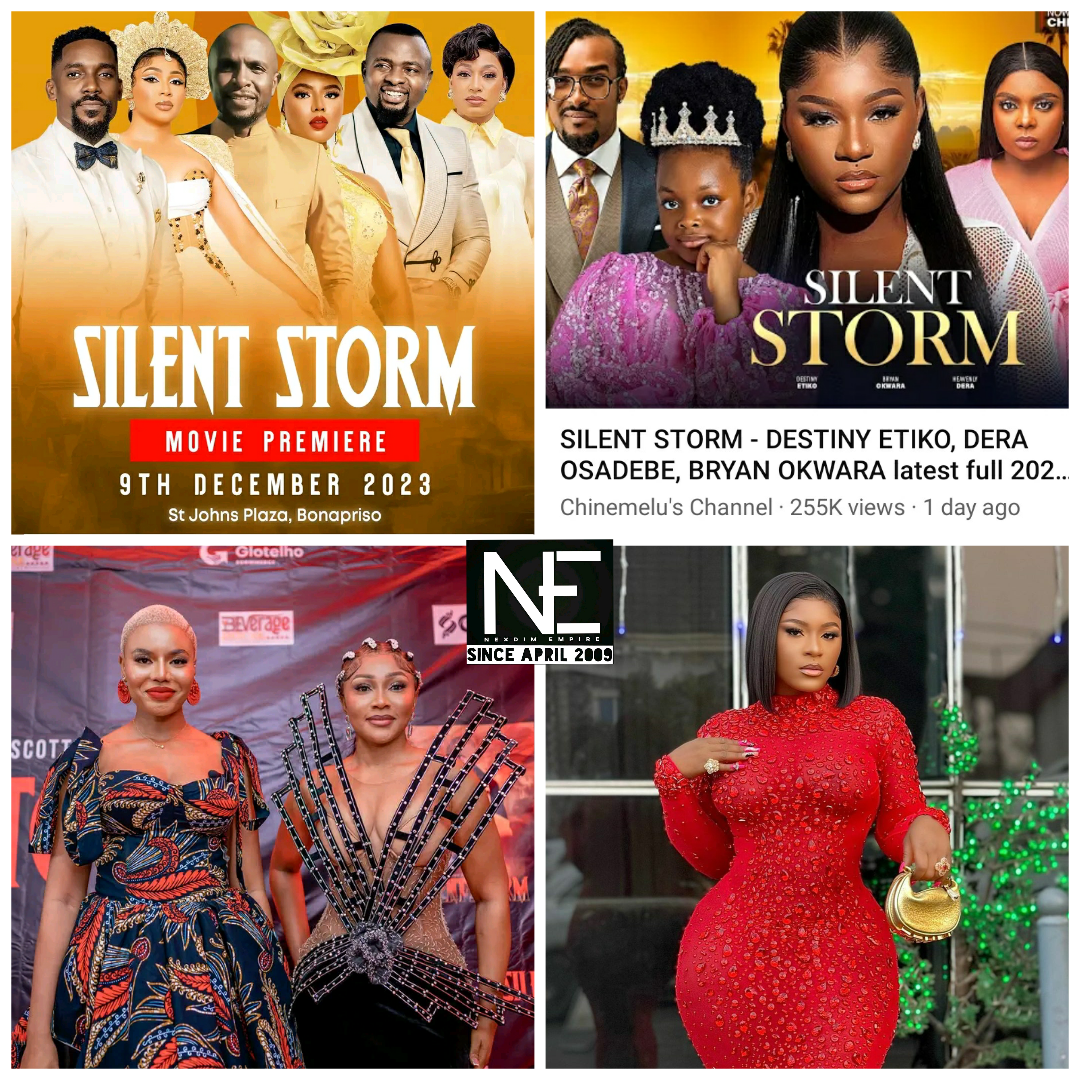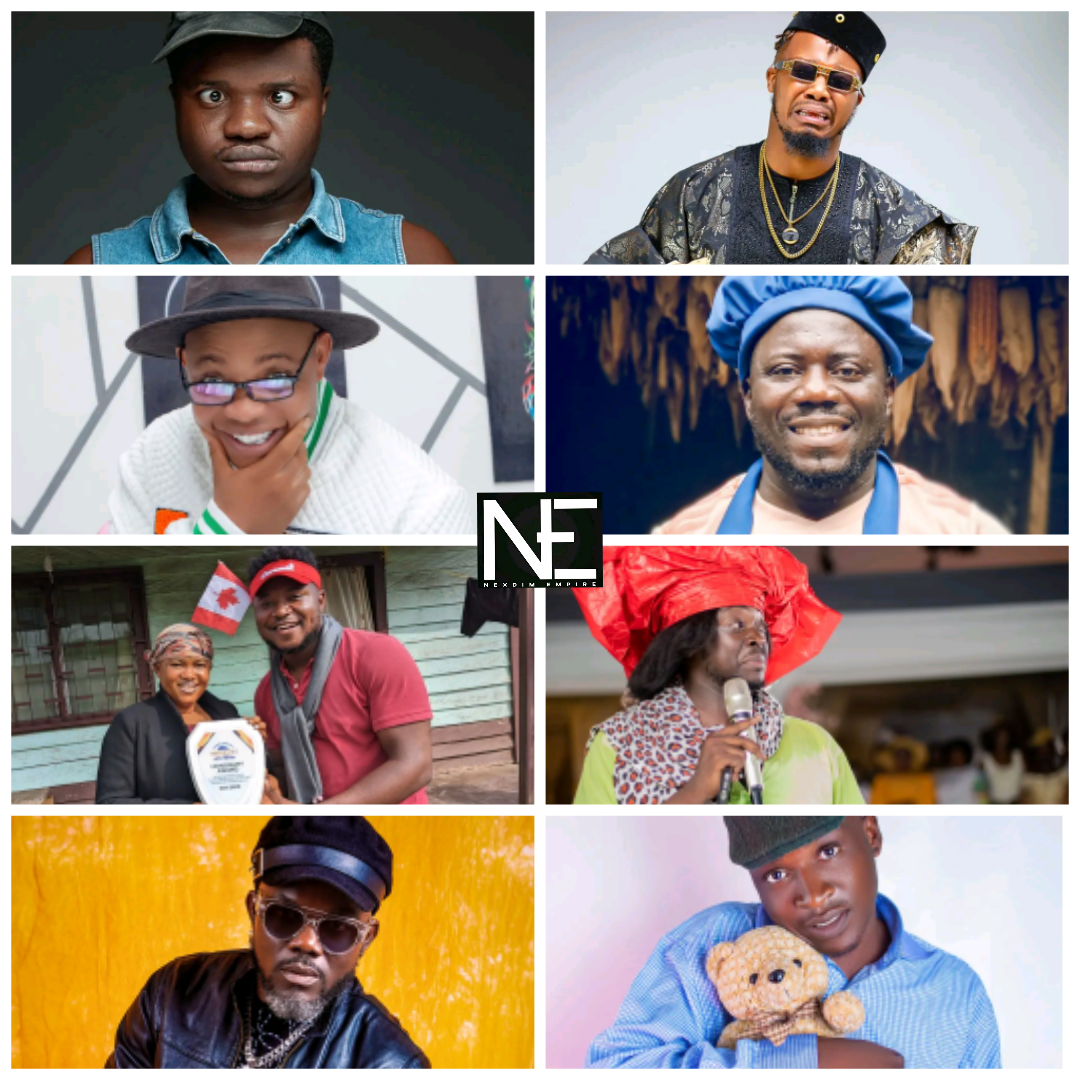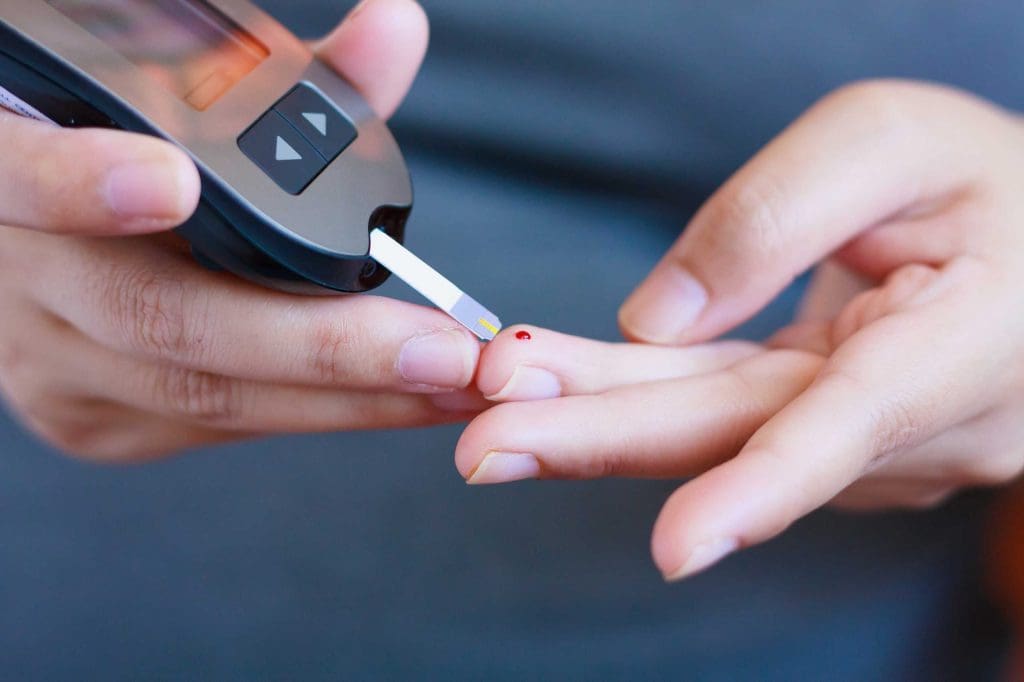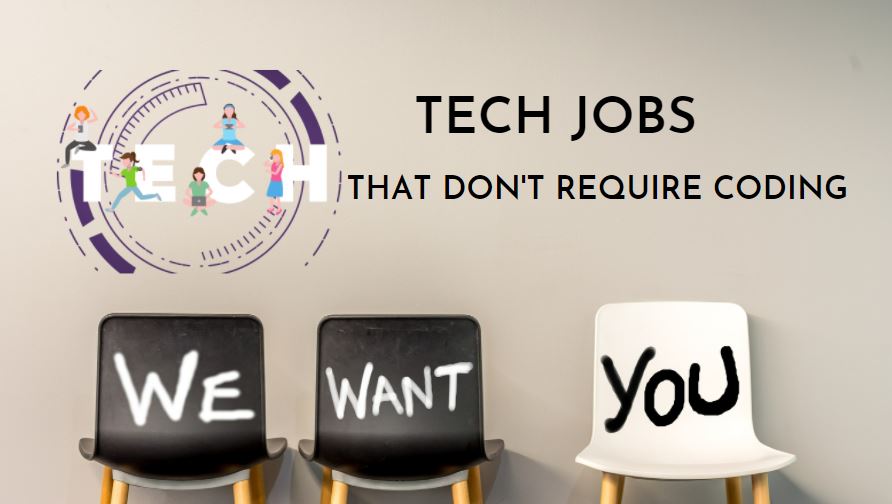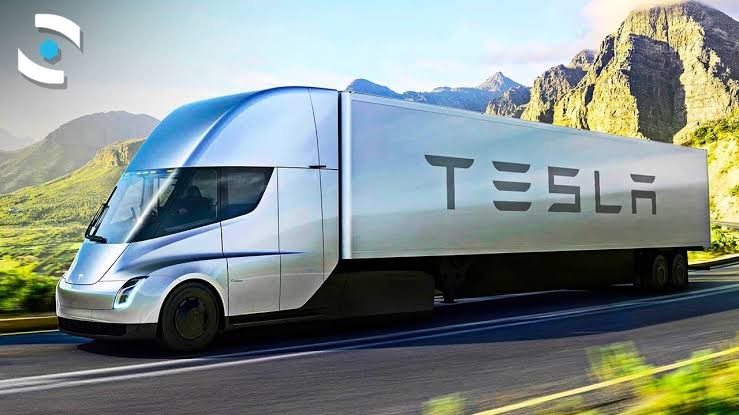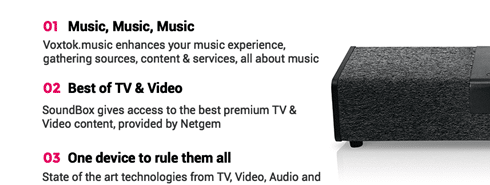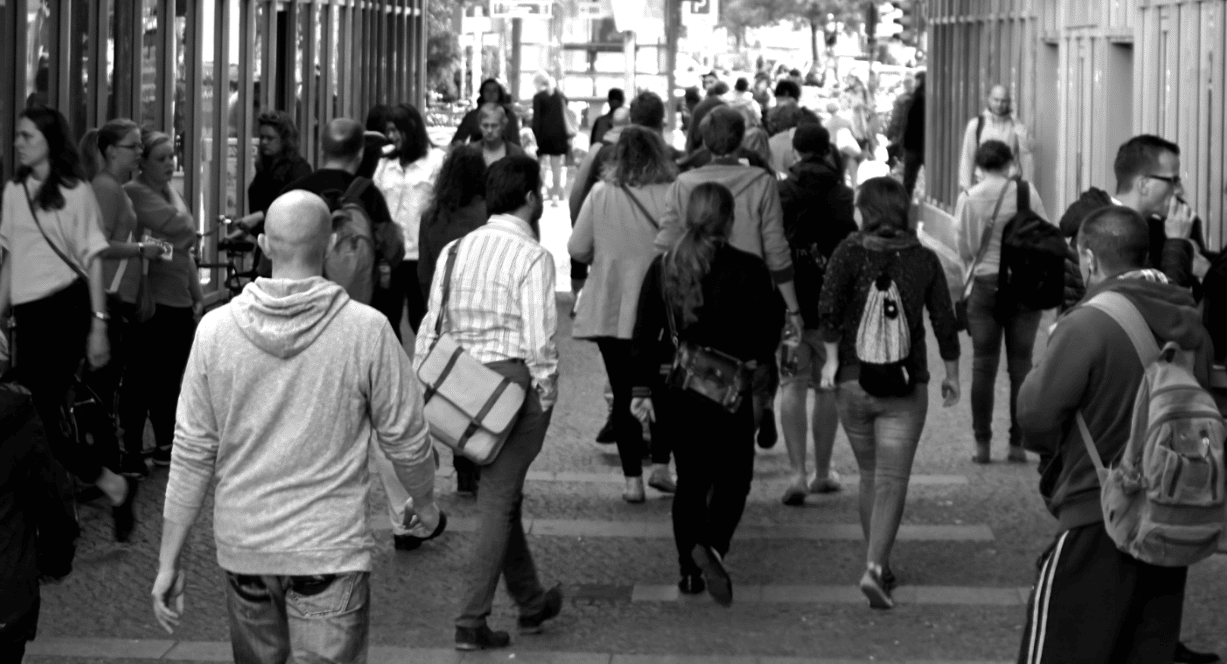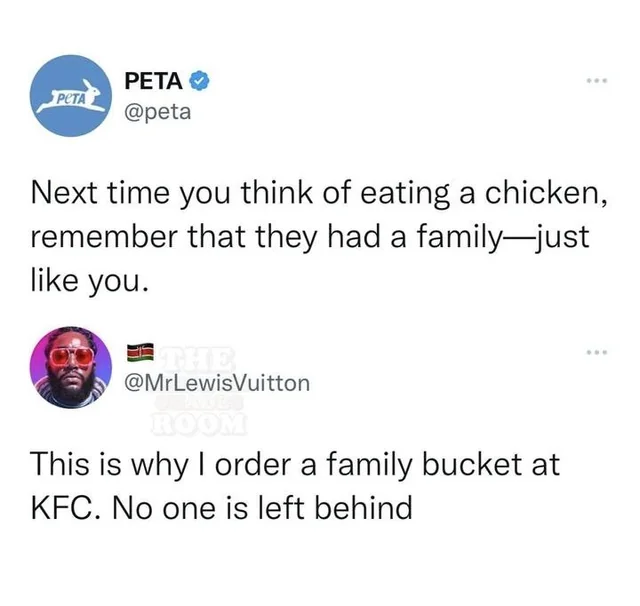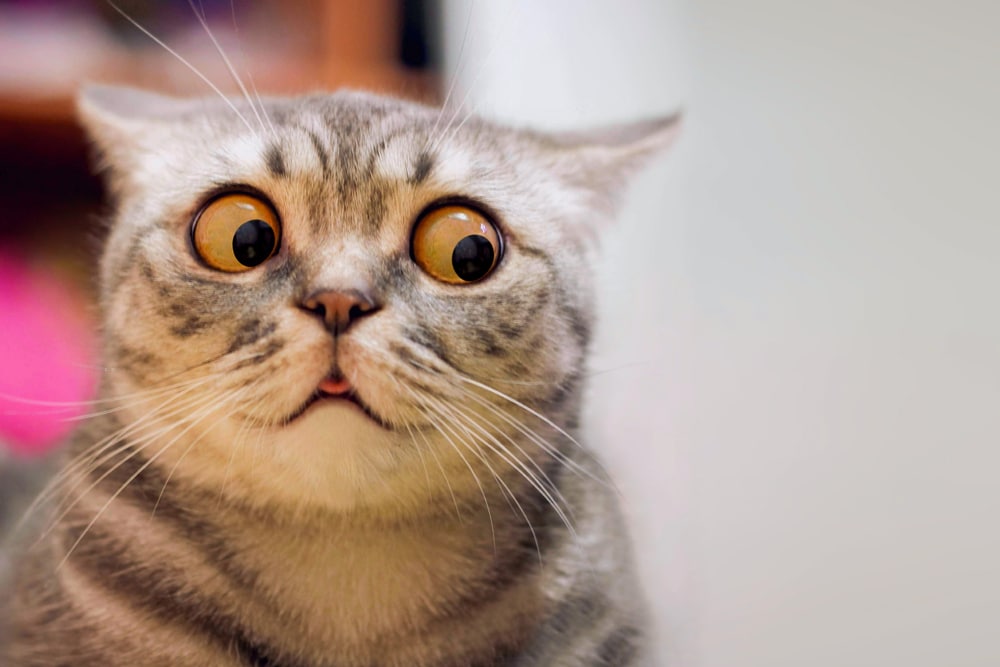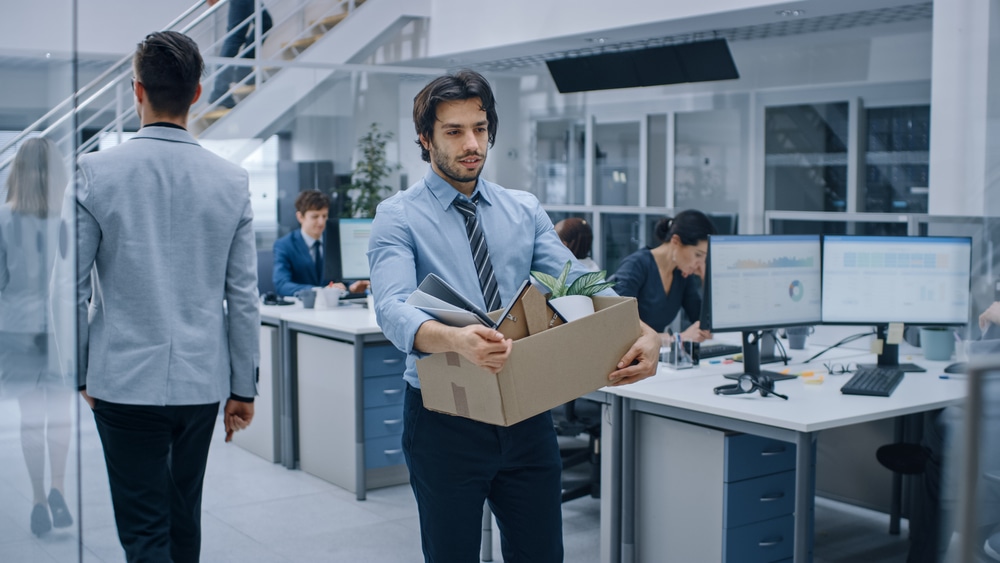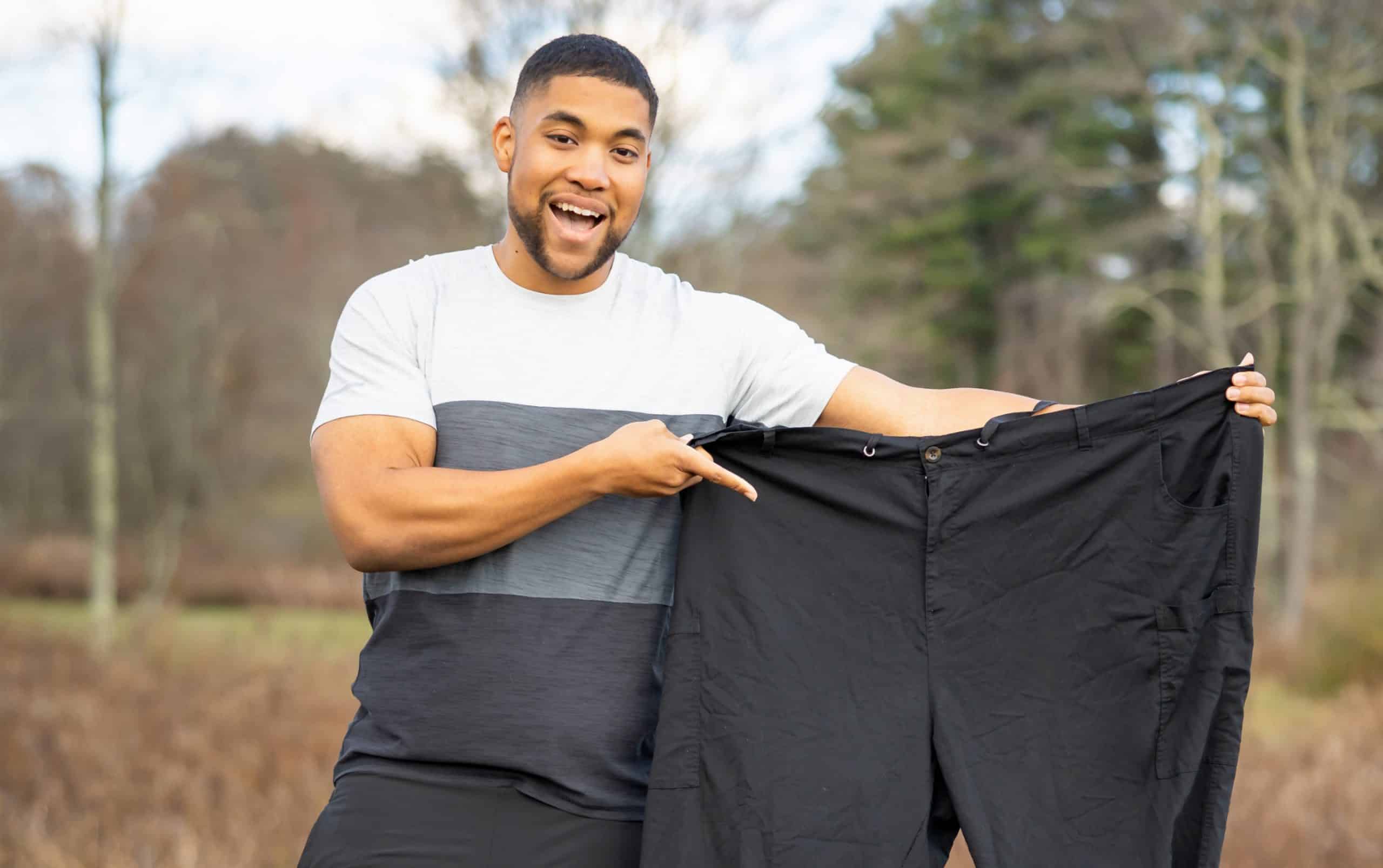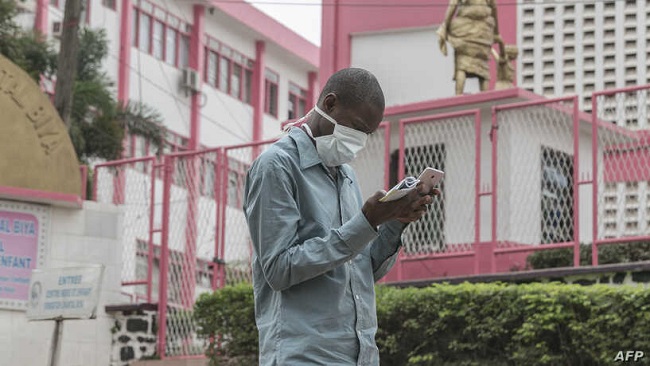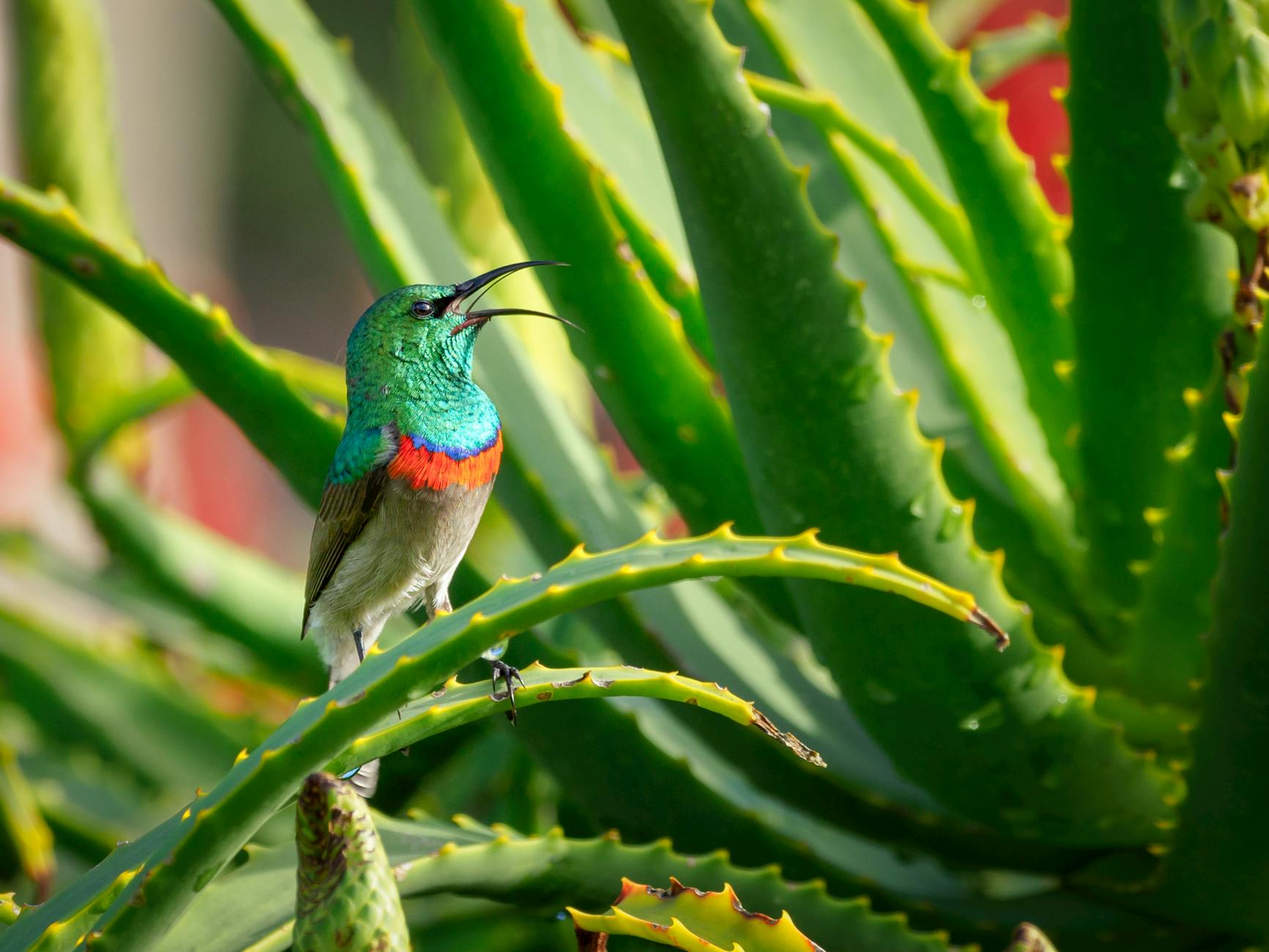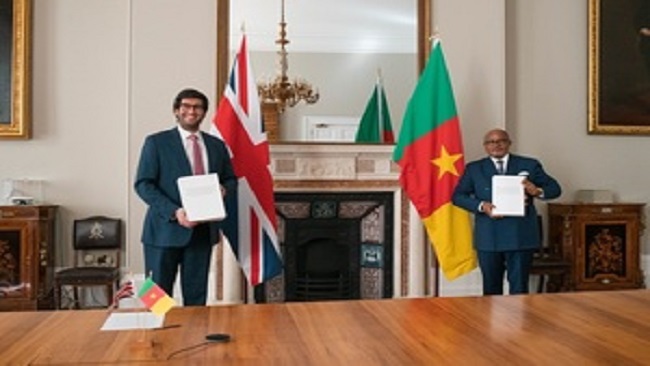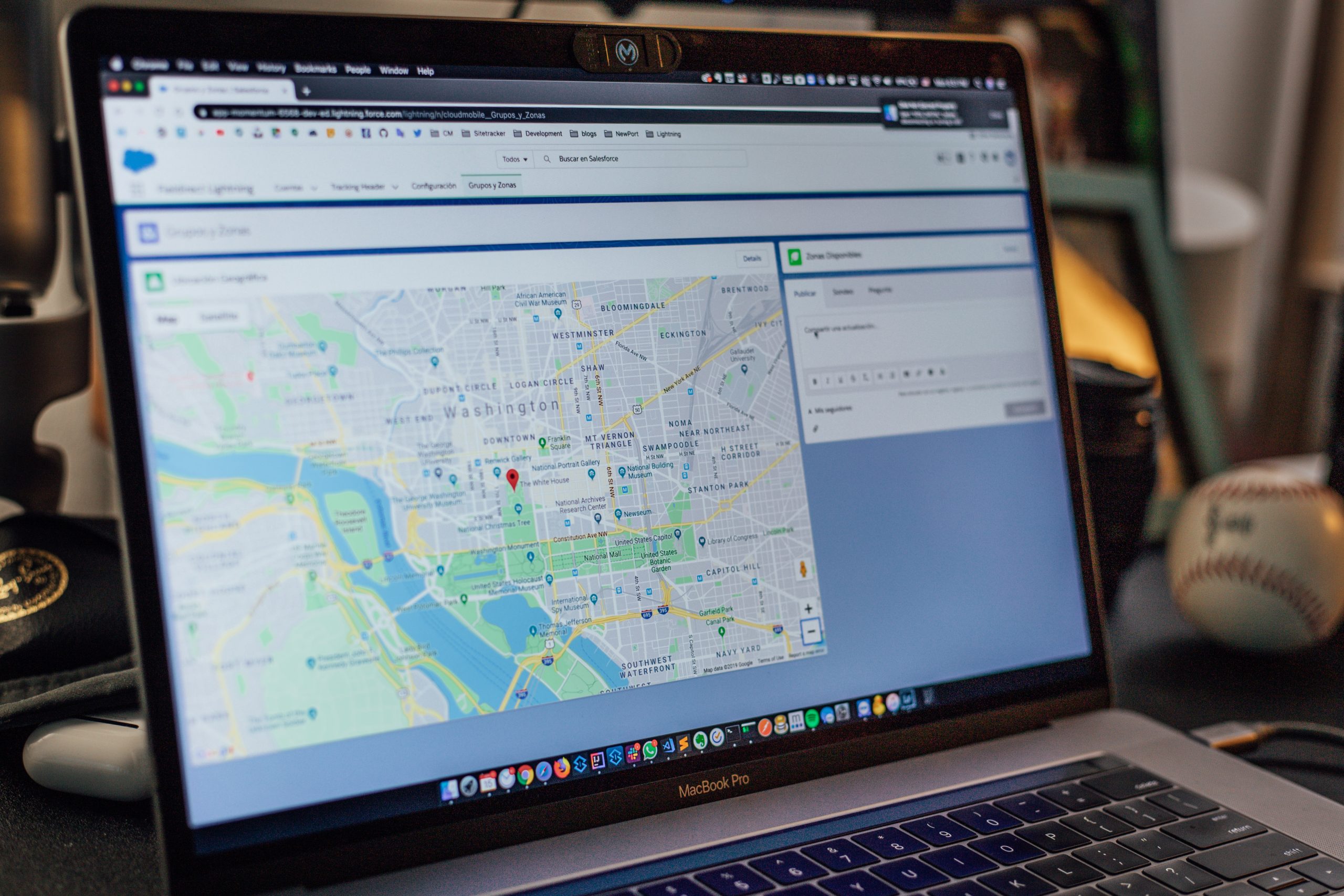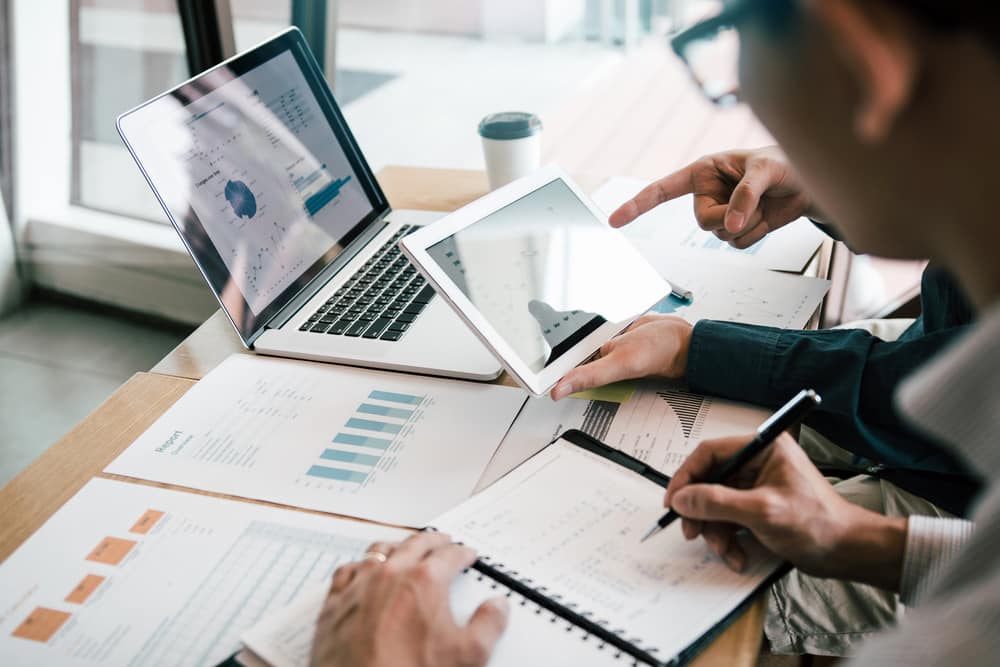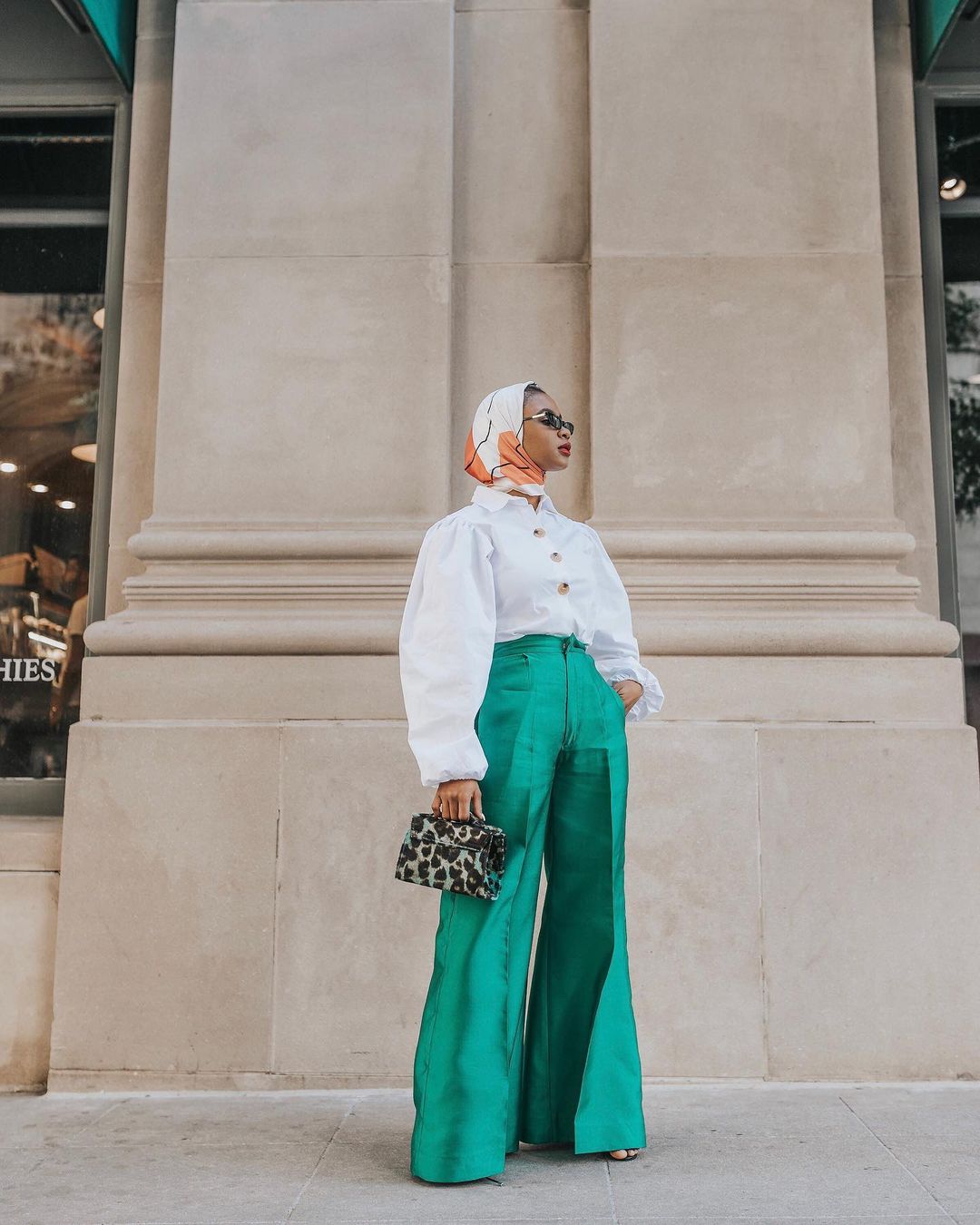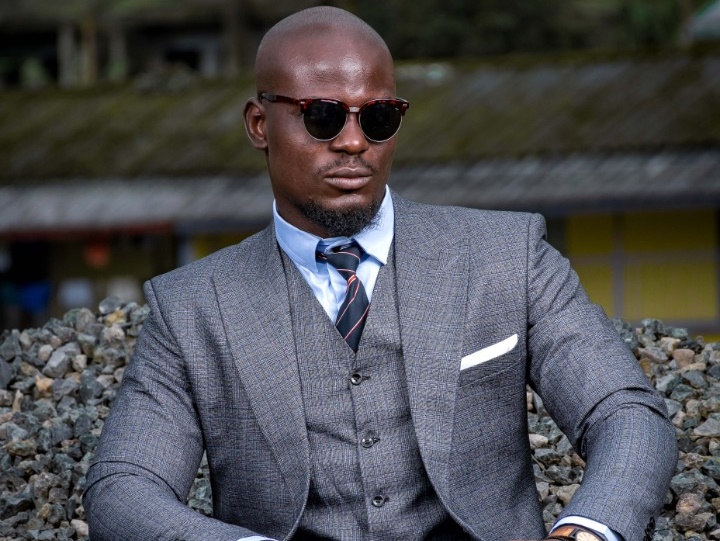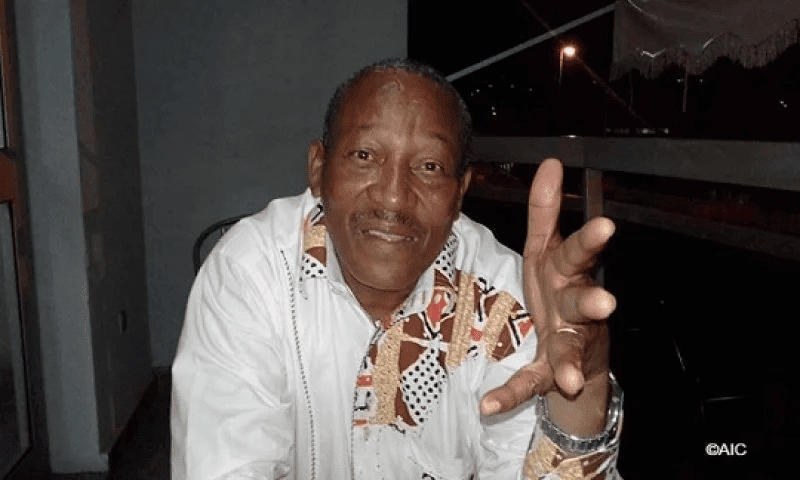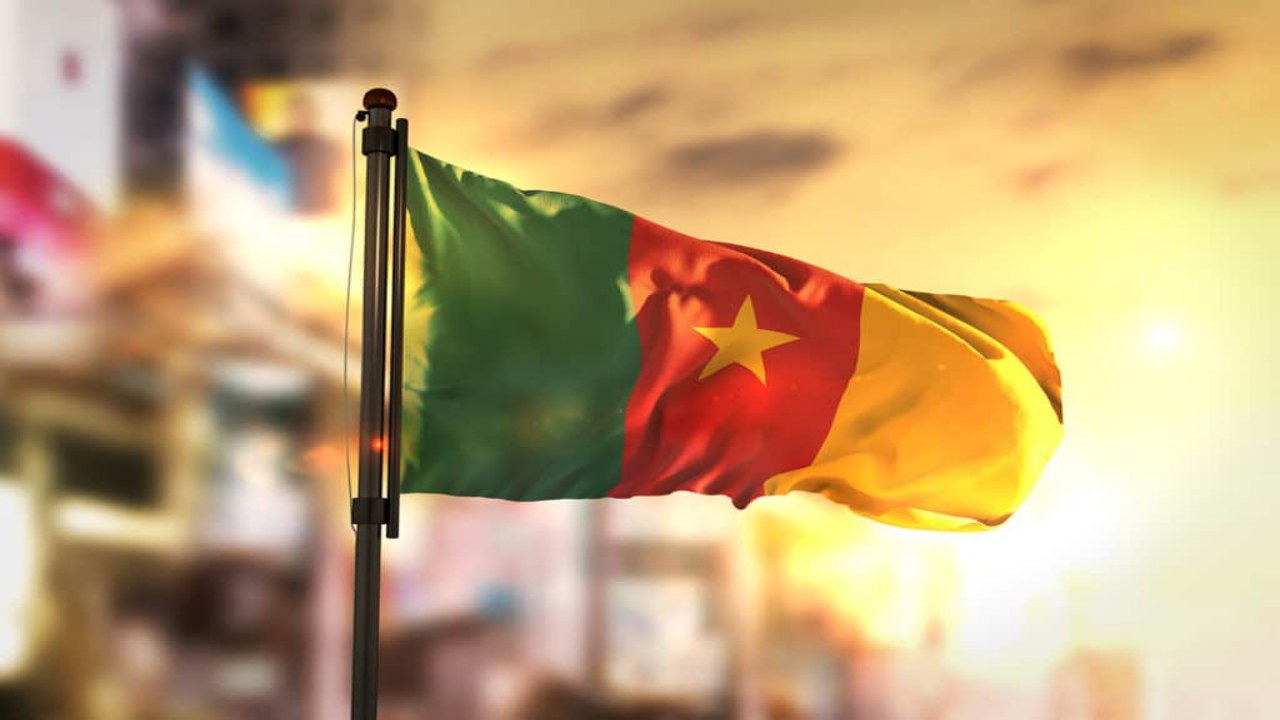Dr Chris Fomunyoh dissects some of the pressing issues plaguing Cameroon
MMI editor-in-chief Mimi Mefo Takambou, recently had a sit-down with Dr Christopher Fomunyoh, during which they delved into a wide range of issues relating to Cameroon, Africa and the USA. Dr Fomunyoh is a senior associate for Africa and regional director at the National Democratic Institute for International Affairs (NDI), a Washington DC-based non-profit organization […]

MMI editor-in-chief Mimi Mefo Takambou, recently had a sit-down with Dr Christopher Fomunyoh, during which they delved into a wide range of issues relating to Cameroon, Africa and the USA. Dr Fomunyoh is a senior associate for Africa and regional director at the National Democratic Institute for International Affairs (NDI), a Washington DC-based non-profit organization that works to support and promote democracy worldwide. He has organized international election observation missions to many African countries; and has designed and supervised country-specific democracy support programs with civic organizations, political parties, and legislative bodies in over 20 African countries from Senegal in the West Coast to Madagascar in the East Coasts and the Indian Ocean, and places in-between. He frequently is called upon to mediate contentious issues between political leaders in the countries in which NDI conducts programs.
Below are excerpts from the interview. If you would rather watch the full encounter, you can also do so.
Q: The upcoming Regional Elections have brought about mixed reactions from important figures across the country. Politicians like Maurice Kamto and Ni John Fru Ndi think this would rather make the situation in the country worse. What do you make of it?
Thank you for this. I had made my stance as to elections in Cameroon known in 2018 during the presidential elections. At the time I said it was inappropriate for Cameroon to organise an election in the midst of the crisis when people are being killed and homes are being razed. I even mentioned it was possible to not have a country to govern after the elections and that I personally wouldn’t walk over the blood of my compatriots to participate in any elections. That was what I said about the presidential elections and then you now imagine what I feel about less important elections like the regional elections. My position has not changed. Insisting on having elections when the crisis is still going on is like building a society on very sandy soil and ultimately at some point, all what is being done today, will come down crumbling and all will have to start back from scratch.
Q: According to the government, this election is going to reinforce the power regional features and probably enhance the greater autonomy of the ten regions. Do you think that is possible?
The ultimate goal is the process of getting there. It is rather unfortunate that despite the government having the best of the intentions, the processes to achieving that is a controversial one. It is important to not put the cart before the horse. It is necessary to have a process where the citizens feel their grievances would be well addressed. The shootings and killings have stopped, with a conducive environment where people can better contribute to the growth of the institutions which they would be governed. The ultimate goal is not the problem but the process.
Q: Meaning an election now is not the priority?
Yes it just makes sense for people to understand that an election is not a technical exercise. It is a political process in which you negotiate a contract of governance between the government and the citizens. That kind of a contract cannot be negotiated do not even feel secured to be part of the process. This could even be seen from the last parliamentary elections that there have been members of parliament who were voted and have not even been able to visit their constituencies. By this how do you think you are going to sustain their legitimacy when you force them into a mandate that is neither respected by the citizens nor enjoyed by them?
Q: In such a case, who should therefore reinforce the election boycott then?
To me part of the process of governing entails putting before the population options that are meaningful and that make sense. So left to me it is the responsibility of the government not to force down people’s throats an election that could be controversial, but putting together an environment where the actions of the government would be employed by the citizens.
Q: In March this year you made one of your several visits to Cameroon and you described the situation in the Anglophone part of the country as dire. What sort of country do you think you came met and left that same month?
Back in march I was really traumatised by what I saw and was very distraught by how bad the crisis had become. All the fears we expressed in the past were unravelling before us. Six months after, the atrocities committed are even worse than what was before. When I was there in March the issue on ground was the Ngar-buh massacre. But since then we have had multiple massacres in Babanki, Muyuka, villages razed to dust etc. It just blows my mind that people are looking at a complete destruction of a people’s culture that have always been peaceful all along. My concerns have continued to grow and the alarm bells need to be sounded and concrete actions need to be taken to take this senseless conflict to an end.
Q: As concerns concrete action, taking to account the fact that you have mediated a lot of political talks across the African continent, what have you as an individual done concretely with regards to the crisis in Cameroon?
I have to admit this is a huge crisis and many persons are tackling the crisis from different angles, trying their optimum best to ensure the crisis ends as soon as it can and thus my personal contribution may not be the one that makes a difference. In my own capacity, I have been making the effort to sensitise the international community to realise that this crisis is an existential crisis that has affected 6-8 million Cameroonians and that if the crisis is not dealt with, there might probably not be a Cameroon to talk about in the future. I believe the sensitisation has born some fruits as I now see that more and more African and world leaders are now very familiar with the crisis in Cameroon. But still I would still be the first to admit that we are still short of the concrete action that goes beyond the condemnations and the declaration that we have seen so far.
Q: Many people may not agree with that. For instance the Norwegian Refugee Commission in a report mentioned the Anglophone crisis is one of the most neglected crises worldwide. This prompts up this question. How aware is the international community and what have they done to salvage the situation?
I do agree with the Norwegian Refugee Commission on the Anglophone crisis being the most neglected and under reported in the world. But at the same time we do see that international institutions such as the holocaust museum which has a record of tracking atrocities around the world has now upgraded it assessment of the crisis in Cameroon because up until 2019, the Holocaust museum had classified the Anglophone crisis as the 36th most dangerous crisis in the world but they now consider the crisis in Cameroon to be the 9th most dangerous crisis in the world and are preparing further updates. This means that multiple persons are no longer hearing the crisis from Chris Fomunyoh or the Human Rights watch. They’re beginning to learn it too from organisations such as the Holocaust museum whose speciality is to blow the whistle and sound the alarm bells. I have to admit that collectively we have to double our efforts to make sure that these organisations which are now engaging in the crisis, can then move to the next level, which will entail very concrete action to bring this all too an end.
Q: Sounding the alarm bell is very important and so too is necessary concrete action. The various stakeholders of the crisis are increasingly worried about why nothing is being done. By this would it be fair to ask if the International community is caressing the Biya regime?
The unfortunate thing with international diplomacy is that it is played by nation states. While international NGO’s can speak out, the people who can get the UN to work are UN nation states. And unless we get nation states to galvanise about this crisis to the point of making those decisions, we would not be able to see those concrete decisions on the ground. Some action however has been done like when the U.S decided to reduce its military assistance to Cameroon in the fight against Boko Haram because some element trained by the U.S were seen to have committed human rights violations. That was an important action but it was not sufficient because it is now very evident that troops that were trained to fight the Boko Haram in the north together with the equipment donated for the same purpose have somehow found themselves in the conflict regions of the Northwest and Southwest regions and that warrants specific action because everything possible needs to be done to bring this senseless crisis to an end.
Q: We are now almost two months since the call of a ceasefire by the UN but nothing of such seems to be happening. What should the UN do at this point in time?
This is a reminder to the UN system as a whole be it the Sec. General or the Security Council. This is a reminder that the appeal by them for a 90 days worldwide ceasefire to tackle the covid19 pandemic is not being followed in Cameroon I talked to you about the burnings that took place in Kom and other places, we see that instead of this covid19 situation to prompt a point of action whereby people are protected, they have rather lost their habitat with the barbarism on the ground.
Q: talking about the actions of the US we see that they have reduced their military aid to Cameroon, they have equally meted out economic sanctions like the AGOA suspension but other countries that make up the UN like France and other African countries have done very little. What is supposed to be done and who should do what?
This is a clarion call and I would call on the lovers of this country to not relent in their efforts to lobby and call on the government that more needs to be done. The US congress is also revisiting some of their past actions to make it right where the past decisions failed to bring an end to the senseless killings in Cameroon. Everybody out there need to realise that the actions taken so far are not sufficient and more has to be done including individual sanctions to persons fanning the flames of the crisis. By this people can know that they cannot longer commit crimes with impunity and that at some point there are going to be held accountable for any atrocities they committed during the period of the crisis in the Anglophone regions.
Q: The Cameroon government say they have done more than enough to solve the crisis. How do you evaluate government’s actions towards the resolution of the crisis?
How can the government claim of doing enough when thousands of its citizens are still being killed, over 250 villages razed to dust and are still being burnt, with over 800,000 internally displaced persons, with refugees crossing the borders on a daily basis? If you’ve done all what you have done and these things are still happening, then you need to take a step back and ask yourself if you can do more. In Ivory coast for instance, when 3000 persons died there, president Laurent Gbagbo found himself at the International Criminal Court and spent 10 years accounting for that. More have died in Cameroon and so I don’t take the excuse of doing all they could as being sufficient enough. Look at the mistakes being done daily. The other time a minister signed an order saying that farmers should not be found with cutlasses, bearing in mind that inhabitants of these two regions depend on agriculture for a livelihood. What that order did was to give a green light to soldiers that someone could be shot if found in possession of a cutlass. Now we have farmers across the two regions asking themselves how safe it is to go the farm. Such laws expose the population to being victimised throughout the course of this crisis.
Q: Now we have seen that women have borne the brunt of the crisis as they have been heavily victimised and others butchered. How do you feel about how the crisis is affecting the women?
This is particularly very shocking as I have equally got relatives on the ground I tend to get so emotional about it. If you recall back in 2017 in an occasion in Kumba I said this conflict if not properly handled will transform itself into an armed conflict that will lead the protagonist to lose their sense of humanity. What we see now is the debasement of our humanity as a people. People are murdered and photos are comfortably dished out on social media. Now these atrocities are even more grieve to the most vulnerable amongst us. There are even more crimes against women and other vulnerable that are done and are not being reported. We also have a situation where women who are struggling to survive by doing commercial activities being harassed in Kumba and their stores being locked up by the military at a time when the government ought to be going in the opposite direction.
Q: Do you think that the current crisis can be resolved under the President Biya regime?
To be honest, I know there are good people within this government, but I have reached a point of realisation that this current is very incapable of resolving the on-going conflict in the Anglophone region. In 2016 when the lawyers protested, this government said there was no Anglophone problem even though Mr. Biya himself under the Ahidjo regime had been charged under a commission to handle aspects related to the Anglophone crisis. It had to take Biya until 2019 in France to publicly acknowledge that there had been efforts put in place to assimilate the Anglophones. Biya served at the highest level under Ahidjo for close to 20 years. grievances had already started coming up from 1962 from intellectuals like Bernard Fonlon up until 1982 when Biya became president. By changing the name of the Country in 1984 from the United Republic of Cameroon to the Republic of Cameroon, he precipitated this crisis. His managing of the crisis in the past 4 years to this point when majority of Anglophones no longer identify themselves with the entity that is Cameroon, so after this 58 years of being in position of power, I have serious doubts over Biya’s leadership to resolving the crisis.
Q: So are you for secession, for federation or are you a unionist?
It is high time we unpack these labels. I am for a secession of hostilities, for the killings to stop. If people have been aggrieved and it being universally recognised, then they must be addressed. I said in 2013 that the Anglophone crisis were legitimate and was going to turn to a conflict if not properly handled. I believe in social justice. When that is done, you give an opportunity to people to express themselves and their views on where they want to belong.
Q: Can you tell us about your political ambitions when indeed people do get the opportunity to choose where they belong.
It is fair to say that the future looks really bleak for my people and so talks of political ambitions is a little out of the table for me at the moment. It is important to first take care of the welfare of the people you want to lead and when that welfare is being taken care of, you can tell the people what your aspirations for them are. As far as I am concerned now, the priority is to end the crisis in the Anglophone regions.
Q: Some opposition political parties and personalities particularly the CPP and the CRM party for the president Paul Biya to vacate power. Would you join your voice in such calls today?
I really applaud all their efforts because were these people not speaking out, we would all probably be gone today. Sometimes the government gives the impression that all is well and you can’t even utter a word of criticism. We spend enough time talking about the Anglophone crisis but look at what is going on in the north which warrants a totally purely military action. But the government has rather turned his attention to fighting its population. Since the beginning of this year, there have been a total of 90 Boko Haram attacks in the North. The place is completely falling apart and so I applaud the courage of our compatriots in the country who are speaking out because if they do not, we will all fall into this sinking ship.
Q: According to you what should be the solution to the on-going conflict in the Northwest and Southwest regions?
I would like to add to what Professor Maurice Kamto has said when he talked about electoral reforms, that is legitimate and it ought to be there. But I would go even further to say that there is a need for a complete reorganisation of the form of the state characterised by a number of major constitutional amendments. It is going to be extremely difficult to stick to this present form of the state that has been long criticised by the Cameroonian people. Even persons like professor Essomba from the South region who has said the country would not survive if the form of the state is not changed to a federation. If the government keeps ignoring this, then there is going to come a time when even if the form of the state is put forth, nobody is going to look at it.
Q: A similar situation went on in Mali where an uprising further led to a coup which ousted president Ibrahim Boubacar Keita. What does this tell us about the situation of democracy in Africa?
The story of Mali depicts to us the fragility of democracy in Africa. Good governance entails listening to citizens on a daily basis. What led to the fall of president Ibrahim Boubacar Keita was the disagreement over the outcome of the legislative elections. That is what got people into the streets. If the president had listened and done a re-election in the constituencies where the riggings were done, he would still be in power today serving the remainder of his term.
Q: Why is it so difficult for African presidents to leave power peacefully?
That is a very pertinent question and that is the same question being put forth by the younger generation today. In 2006, N.D.I organised a conversation towards this regard in Bamako where we had in attendance 18 former African Heads of States who came together to discuss why political transitions have stalled in some countries. In West Africa right now, West African civil societies are mobilised across boundaries and people have written that people who stay in power and perpetrate such violence are as bad as these same coup plotters and even the AU has to turn its attention to coups that are done by the military and to sitting presidents who abuse power. The beauty about this in West Africa is the fact that there are standards that are being met and civil societies have the space to even organise across national boundaries to raise these issues in a very direct way and to engage the sub-regional organisation ECOWAS to try to take a stance and we’ve seen some heads of states even step in to deal with the conflict. I even saw under one of your post someone commented asking why African leaders were so rapid in reacting to the Malian crisis than the Anglophone crisis. The reason is simple that ECOWAS is adamant on governance principle. They have principles that allow heads of states to step in when a neighbouring country is in conflict, but because Cameroon does not belong to ECOWAS, these ECOWAS presidents cannot intervene in Cameroon. On the other hand Cameroon belongs to CEMAC which is the sub-region in the world with the highest autocratic leaders. The two longest serving presidents in the world are in the CEMAC sub-region. Adding to that, we have many other presidents in the CEMAC sub-region who have violated various democratic principles several times and they have no incentive to help us tackle Anglophone problem in Cameroon because they do not have an Anglophone population.
Q: What about the African Union which brings together all the countries of the Continent then?
Many of us have travelled to Addis Ababa to try to convince the African Union to engage. And the African Union’s Position is the fact that they operate under a system of subsidiarity which means that the sub-regional entity body has to react on it before taking it to the African Union. The sub-regional entity has a jurisdiction like the court of first instance. If the matter is not resolved at this stage, then the sub-regional entity can then call in the African Union, and if the African Union cannot resolve, then they can call in the United Nations. That is the structure that has been laid out. But as the crisis continue to persist; all of us will have to continue to speak out so that it can end.
Q: Do you think that the US African Command AFRICOM has also contributed to the perpetration of some conflicts in Africa
There has been a lot of controversy surrounding AFRICOM, located in Stuttgart in Germany because going back to the setting up and explained of AFRICOM during the administration of George Bush. It gave people the impression that AFRICOM was a UN force that was going to be intervening in conflicting zones on the African continent whereas it is not the way it is. It deals with defence relationships between the US and Africa. It is part of the US department of Defence that can provide technical assistance in training of African militaries etc and that Misunderstanding needs to be cleared
Q: Given the fact that most weapons sent to Africa by the U.S are being used by regimes on their civilians, taking this to consideration. Should the U.S stop sending weapons to Africa completely?
I think that is a controversial situation depending on which country is supposed to be receiving such military assistance from the U.S and I think that it is upon the US to take it upon themselves to stop providing weapons to governments who use them to violate human rights. There is even a law which bars the US from collaborating with governments that violate human right. Meanwhile it is equally important to focus on other suppliers of weapons. For example the amount of weapons that have been flowing into Cameroon are not from the U.S. they are from countries like Croatia and Serbia which may not even figure on the radar screen of many Cameroonians. Also in the Central African Republic, Russia was able to get weapons into the country. So there are a lot of loopholes in issues of sanctions and forbidding weapons from being delivered to countries.
Q: So what message do you have for ordinary Cameroonian from both parts of the country?
My message to Cameroonians is that of hope. Despite the darkness of the night, you have to keep hope alive. I also happen to have attended CPC Bali, where our anthem was “Courage Brothers, Do not stumble”. Ultimately at some point, the vibrancy that we see in some Cameroonians will be galvanized for a good cause and that hopefully we can bring this conflict to an end and create an environment where young Cameroonians can find a future for themselves.







